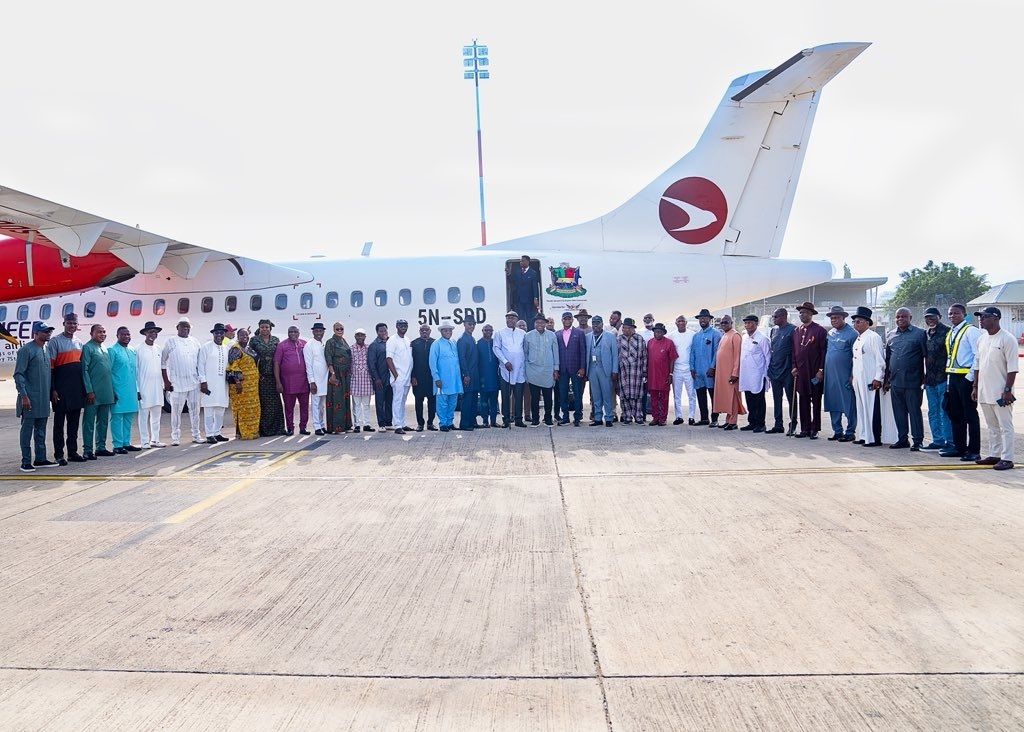
Sunday Ehigiator
The Ndokwa Association in America (NAIA) has called on the Federal Government of Nigeria and the Delta State Government to immediately step down electricity from the Okpai Independent Power Plant (IPP) to supply power to all communities across Ndokwa land.
The call was contained in a communique issued after the association’s 2025 Biennial National Convention held in Bloomington, Minnesota, and signed by its principal officers, including President Mr. Enefazu Otuya, immediate past President, Mr. Chibuzor Uwadione, and National Secretary, Professor Sunday Enubuzor, among others.
The association lamented what it described as the “continued neglect and marginalisation” of Ndokwa nation, which comprises Ndokwa West, Ndokwa East, and Ukwuani Local Government Areas of Delta State.
According to the communique, the region remains plagued by inadequate social amenities, including lack of electricity, poor infrastructure, underfunded schools, near-zero public healthcare institutions, bad roads,
and widespread unem-ployment.
In the statement, the association noted that “the present state of underdevelopment in Ndokwa nation is characterized by a lack of basic social amenities such as electricity, a poor and underfunded school system, near-zero public health institutions, and endemic lack of clean portable water, youth unemployment, impassable roads and general poverty plaguing Ndokwa communities.”
The group referenced the recent peaceful protest by Ndokwa youths in Kwale, who demanded that the government “Light Up Ndokwaland” by providing electricity to their communities.
NAIA expressed disappointment over what it termed the “hostile response” by both the Delta State Government and local authorities to the peaceful demonstration, saying it underscored the long history of neglect suffered by Ndokwa people despite their immense contributions to Nigeria’s economic development.
“The Delta State Government and the Ndokwa Local Governments’ hostile response is the story of the long history of neglect and marginalisation of Ndokwaland by successive Nigerian governments, even though Ndokwa nation contributes a significant portion of Nigeria’s oil and gas wealth and about 450 megawatts of electricity to the national grid from the Okpai IPP,” the communique stated.
“It is ironic that the peace-loving Ndokwa people, who contribute to Nigeria’s oil production and power generation over the years, are left to wallow in darkness while their qualified sons and daughters are given no place of employment in Nigeria’s thriving oil and gas sectors.
“We continue to be good host communities to both local and multinational oil and gas facilities, but what do we get but environmental degradation, unemployment, poverty, and disease.”
The association urged the federal and state governments to take urgent steps to address the plight of the Ndokwa people by ensuring that electricity from the Okpai IPP is stepped down to serve local communities without further delay.
It also called on the Delta State Government to prioritise the provision of potable water and to immediately establish functional public healthcare facilities to address the region’s worsening health crisis, where most towns and villages reportedly have no hospitals or community health centers.
Furthermore, NAIA appealed to all Ndokwa sons and daughters, as well as organisations at home and abroad, to unite and work collectively toward achieving these developmental goals.
The association reiterated its readiness to collaborate with any government agency, group, or stakeholder committed to improving the living conditions of the Ndokwa people, emphasising that access to electricity, clean water, and healthcare are fundamental rights that must no longer be denied.



